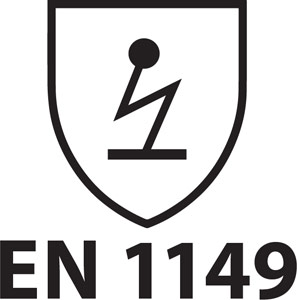
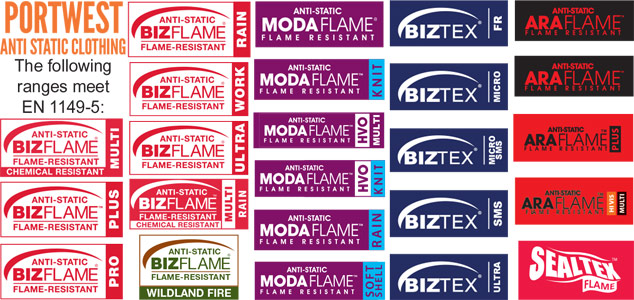
This European standard is part of a series of standards for test methods and requirements for electrostatic properties of protective clothing.
The standard specifies material and design requirements for garments used as part of a total earthed system, to avoid incendiary discharges.
The requirements may not be sufficient in oxygen enriched flammable atmospheres.
This European Standard is not applicable for specifying protection against main voltages.

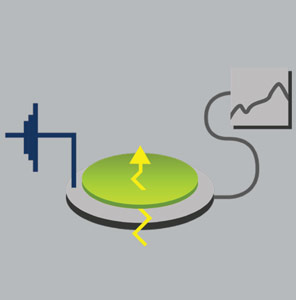
Test method for measurement of surface resistivity. Surface resistance measures the conductivity between two points on the surface of a fabric. The lower the resistance the higher the conductivity, resulting in charge going to earth.
Test method for measurement of the electrical resistance through a material (vertical resistance). This is the level of conductivity when measured through the depth of a fabric.

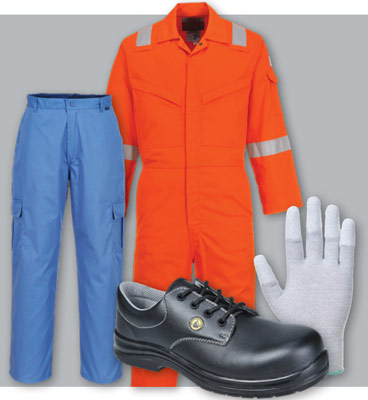
Test methods for measurement of charge decay. Charge decay measures how long it takes for an electric current to dissipate. The quicker it dissipates the higher the anti-static properties of the garment.
Please note the EN 1149-4 Garment Test is under development.
EN 1149-5 specifies the performance and design requirements to avoid static discharge for all electrostatic dissipative protective clothing as part of an entire earthed system, shoes, clothing & floor. The material meets the requirements.
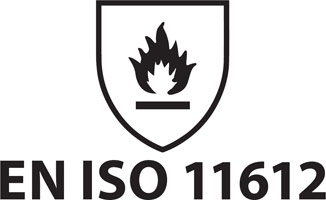
EN ISO 11612 is the standard for protective clothing which protects against heat and flame. Users for these garments include those who work in oil & gas, welding & allied processes, mining, petroleum and many other industries.
There are a host of specific tests conducted as part of EN ISO 11612, including tests for: Flame Spread, Tensile Strength, Tear Resistance, and Heat Resistance.

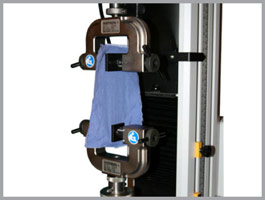
Flame Spread Test:
A flame is held against the fabric for ten seconds. After it is removed the fabric should not continue to burn. There should be no hole formation, melting or molten debris.
Tensile Strength Test:
The fabric must be able to withstand a minimum force of 300 newtons while being stretched or grabbed.

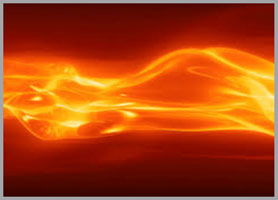
Tear Resistance Test:
The fabric must be able to withstand a minimum force of 10 newtons before it will tear.
Heat Resistance Test:
The fabric is placed in an oven at 180oC and must not ignite melt or shrink within the first 5 minutes in order to comply with the standard.

Garments must be laundered according to the manufacturer's instructions; incorrect laundering of flame resistant garments can seriously affect their performance and fit.
The flame resistant finish is retained for the normal life cycle of the garment provided that the care instructions are adhered to.
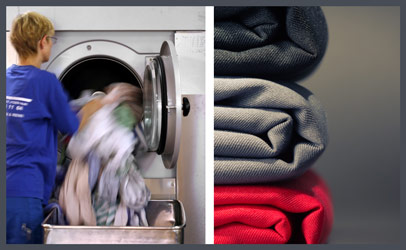
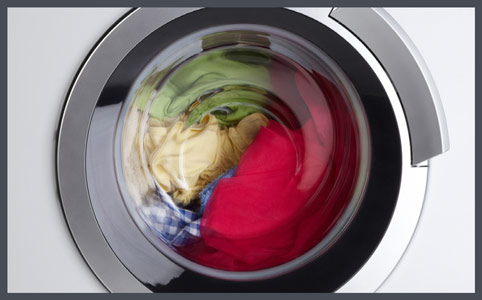
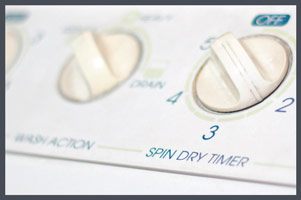
Presenting the Portwest Flame Resistant Anti-Static Neck Tube in Black, a vital addition to your winter work gear, especially designed to safeguard you in cold conditions while offering utmost comfort. Here are the features that set it apart:
Key Features:
Standards:
Choose the Portwest Flame Resistant Anti-Static Neck Tube in Black for a comfortable and safe experience, helping you tackle cold working environments with confidence and protection.
Specifications are subject to change - See Terms & Conditions for more info
Portwest has been independently rated by Ecovadis for its environmental, social, and ethical performance and achieved a silver rating, meaning they are in the top 25% of globally rated companies.
The pillars taken into consideration include the environment, labour practices and human rights, ethics, and sustainable procurement.
This product conforms with essential health and safety requirements as set out in European Directives.
This product is CE marked as a Category 3 item for complex design.
This product has 2 layers - an outer and an inner layer.
Wash at a Maximum Temperature of 40°C using a normal wash cycle
Do not bleach this item
This item must not be tumbled dried
This item must be line dried
This item can be ironed on a low temperature setting of up to 110°C
Do not dry clean this item